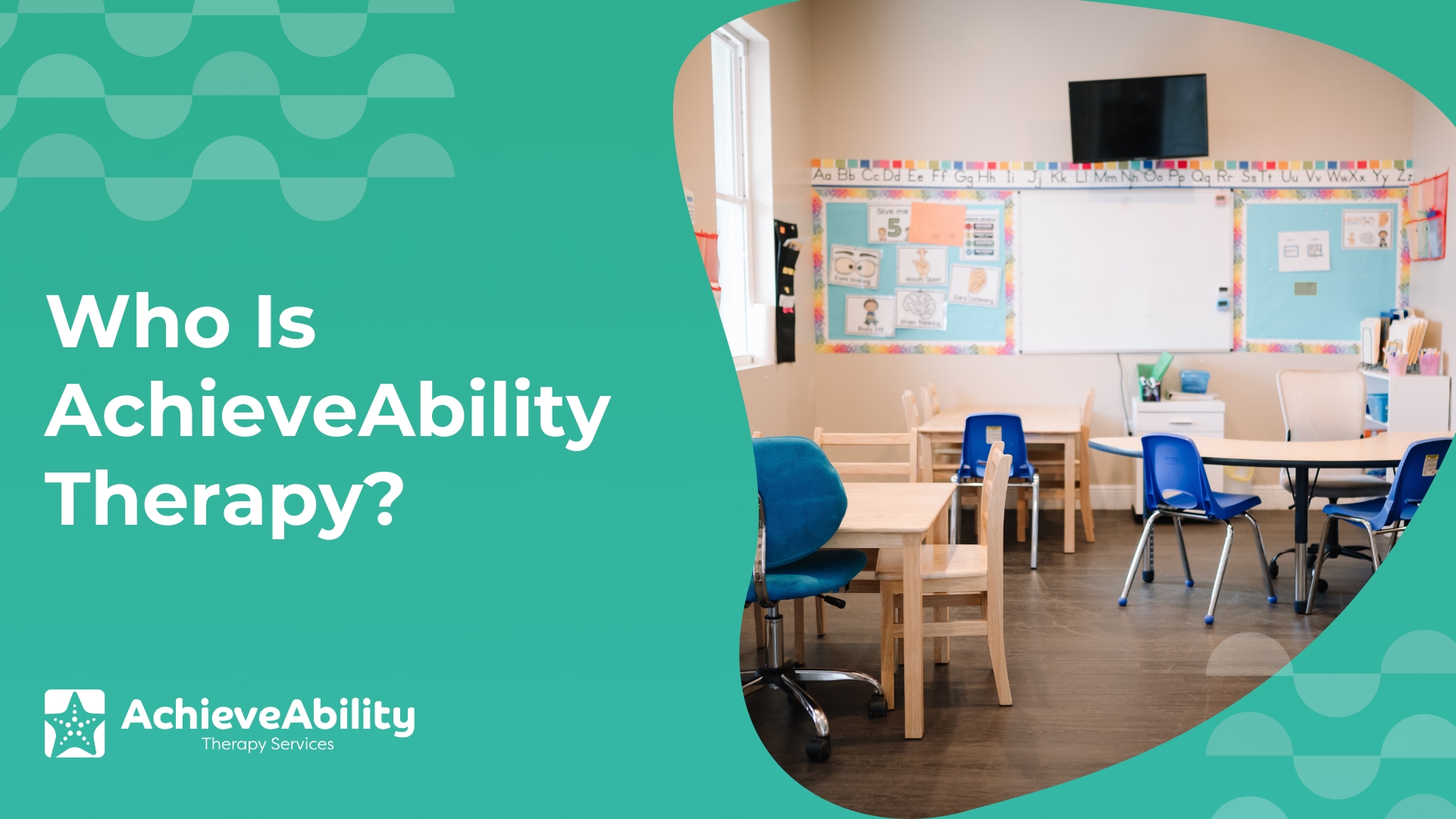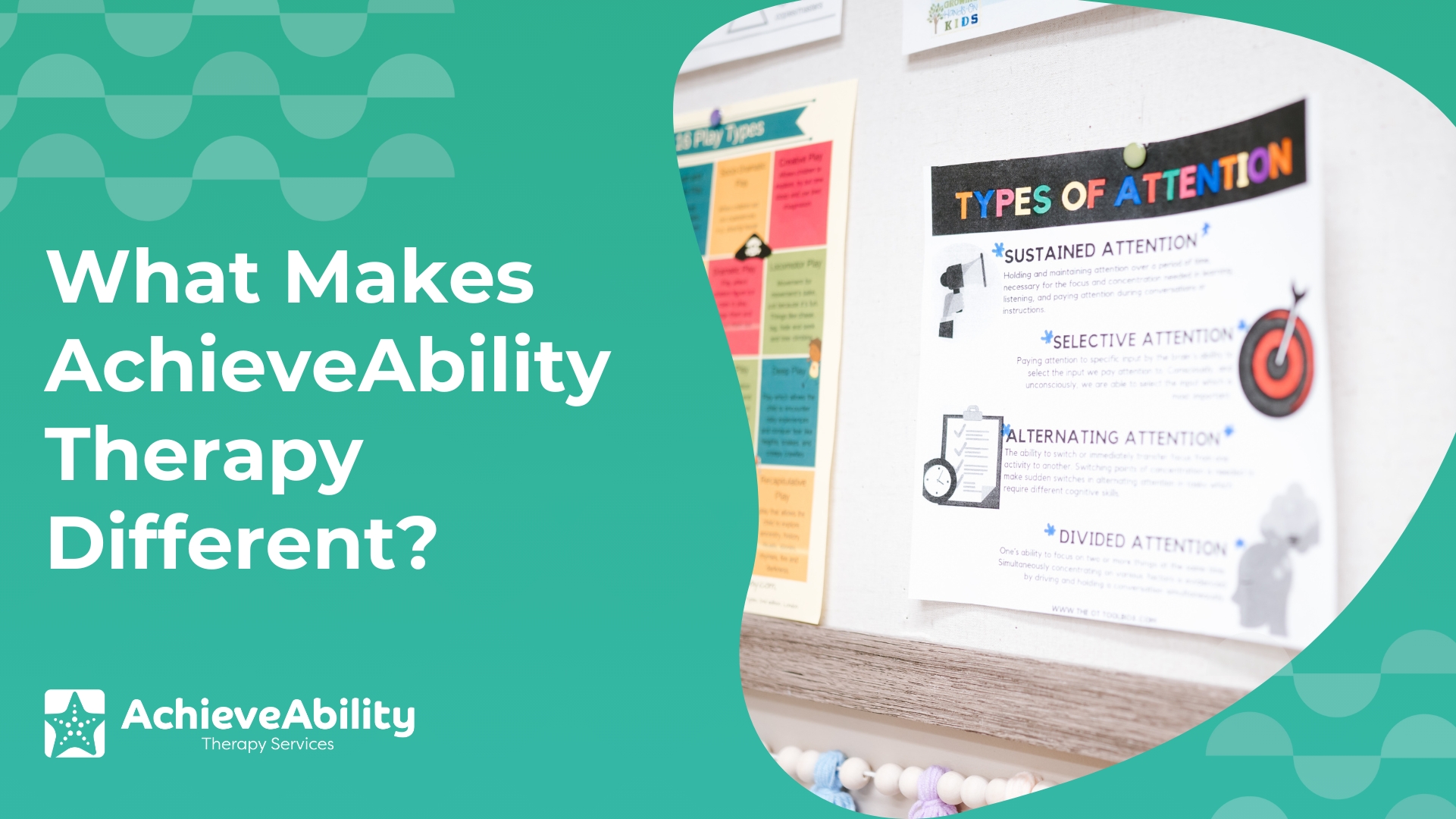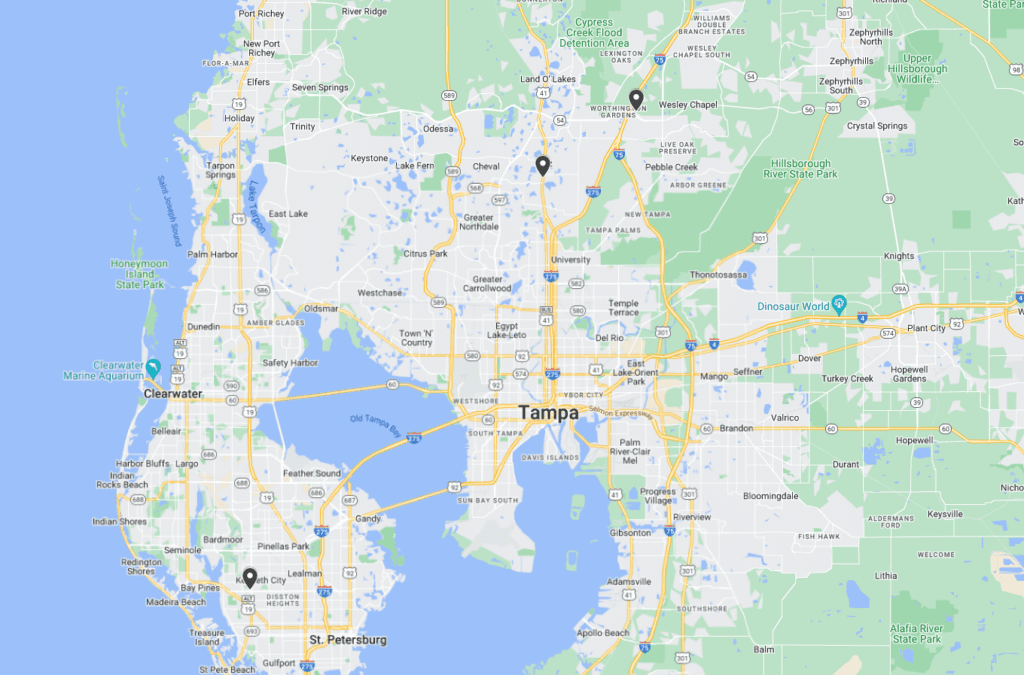Delayed speech development refers to situations where a child doesn’t reach developmental milestones related to spoken language as fast as others. Language development varies greatly among children, with some speaking almost “right away,” while others take a little more time. Still, some general milestones are used as a guideline:
- By 12 months: Children should use simple gestures and may be saying a few words such as “mama.”
- By 18 months: Most children know between ten and twenty words, including others’ names.
- By 24 months: Children typically use simple phrases and sentences, around 2-4 words each.
- By age 3: Children should know about 200 words total and usually be understood by strangers.
- By age 4: Children can use complete sentences and are almost always understood by strangers.
What happens when a child isn’t meeting these milestones? There may be several different reasons for it. Sometimes, a child simply needs a little bit more time. In other cases, however, an underlying disease or disorder is in play. Several disorders may be “co-morbid,” or appear together.
Some of the most common diagnoses that can impair speech development include hearing loss, Autism Spectrum Disorder, intellectual disability, or physical limitations that interfere with speech production, like cleft palate. Each child has their own language potential, and speech therapy can help them reach it.
What Does Speech Therapy Consist of?
Speech therapy is appropriate for a wide range of concerns. That includes general language development and functional communication, but much more. Children with swallowing disorders, stuttering, late talking, and even “picky eating” can benefit from speech therapy, and some may see symptoms completely disappear.
Speech therapy is provided by a qualified speech-language pathologist who creates an individualized plan of care. Goals of therapy vary but can include improving communication, which can aid in reducing the frustration that comes from being unable to communicate effectively with others.
How Can Parents Help Children with Delayed Speech Development?
Speech therapy from an experienced therapist is very valuable, but it becomes even more beneficial to a child when parents take an active role. Parents have the unique opportunity to demonstrate communication skills and support a child’s efforts in an environment without judgment or unreasonable expectations.
The more time you spend with your child, clearly communicating about their world, the easier it will be for them to integrate the skills they learn in speech therapy. When therapists and parents work together, even significant speech delays could be resolved over time – opening the door to additional milestones and building meaningful relationships
Here are a few ways you can help your child thrive in speech therapy:
Always Use Grammatically Correct Sentences
Children aged between 18 and 24 months typically start to experiment with language by using the strategy that experts call telegraphing. In telegraphic language, words like prepositions (on, over, under, before) and articles (a, an, the) are usually left out. For example, a child might say, “Want cookie.”
Responding positively to a child’s efforts at telegraphic speech can be helpful encouragement, but don’t ever respond with the same kind of language. Speak slowly, place stress on the right words, and enunciate clearly. Your child will do their best to follow your example, and we can support them further during therapy.
Expand on What Your Child Tells You
When a child says something like “Want cookie,” you understand what’s meant – and that’s good! Build on that by showing them what a complete sentence would sound like. You might respond, for example, with, “Do you want a cookie?” and then, getting an affirmative, respond again, “You want a cookie.”
Work on Name Recognition
Name recognition is a skill that takes some children a little bit longer to learn, and that’s okay. As soon as you decide on your baby’s name, start using it regularly. Greet them with it at least once whenever you see them. When other people are introduced, point and introduce them by name and relationship: For example, “Uncle Joe” or “Grandpa.”
Use Parallel Talk
Parallel talk is a language stimulation technique you can use in nearly any situation. It consists of using kid-friendly language to narrate what your child is doing. For instance, you would describe the toy your child is playing with, what color it is, and what your child is doing with it. This helps them learn more ways to describe concrete experiences. You can also point and describe new or unfamiliar objects, as well.
Speech Therapy helps children get their point across clearly all while building confidence and self-esteem. Contact us to find out more and to get started!







